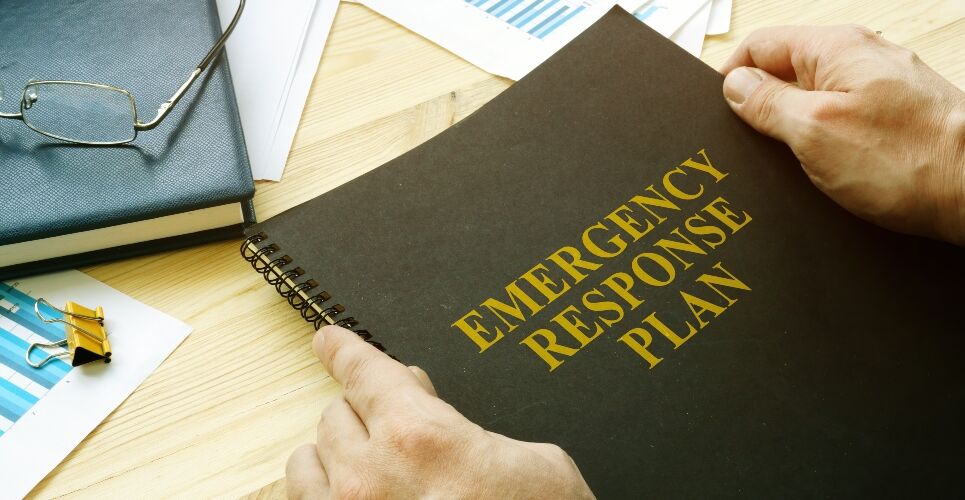An updated policy statement on the role of pharmacists in disaster and emergency management has been issued by the International Pharmaceutical Federation (FIP).
Published today, the statement updates FIP‘s 2017 policy and emphasises the essential need for ongoing planning and preparation for such disasters through seven recommendations for individual pharmacists that can help to ensure continued care is provided to patients.
The recommendations include having a local disaster and emergency response plan tailored to the most likely risks and scenarios in their geographical area and having an evacuation plan and hibernation kit of essential supplies in areas prone to major disasters or emergencies.
Being aware of workplace disaster and emergency response plans and their individual role within these plans is also highlighted, with particular focus on ensuring adequate stocks of essential medicines and medical supplies, emergency communication plans and procedures for dealing with likely scenarios, including power outages and water shortages.
Participating in preparedness training to ensure they are properly equipped to respond effectively during a disaster or emergency is also advised, as well as maintaining links with local professional networks, healthcare providers and other organisations to determine pharmacists‘ professional role when responding to and supporting in such events.
Sylvain Grenier, president of FIP’s Military and Emergency Pharmacy Section and co-chair of the FIP policy committee that developed the statement, said: ‘Disasters and emergencies have been on the rise, and the complexity and severity of their impacts are likely to increase due to factors such as climate change, displacement, conflict, rapid and unplanned urbanisation, technological hazards and public health emergencies. Pharmacists play a critical role in ensuring that people have access to essential medicines and medical supplies during disasters and emergencies.‘
The statement also draws attention to the European Association of Hospital Pharmacists’ European List of Emergency Medicines as an important tool in supporting pharmacists to provide effective healthcare to patients in emergency situations.
As well as setting out recommendations for pharmacists, FIP is calling on Governments and policymakers to utilise pharmacists’ expertise in all phases of disaster and emergency management from risk mitigation and readiness to response and recovery.
‘Governments and policy makers should ensure that pharmacists with relevant expertise are part of ministries and permanent civil protection structures both at local and national levels,‘ it said.
The policy statement also makes recommendations for pharmacy professional associations and academic institutions, including on capacity-building and researching pharmacy practice during emergencies, respectively.
FIP also committed to providing and facilitating ongoing support for pharmacists working in disaster preparedness or emergency situations, such as engaging regional and national leaders and other stakeholders to increase their impact and outcomes.

